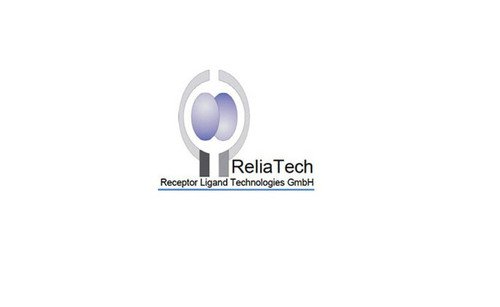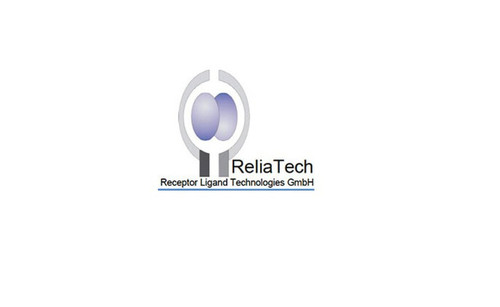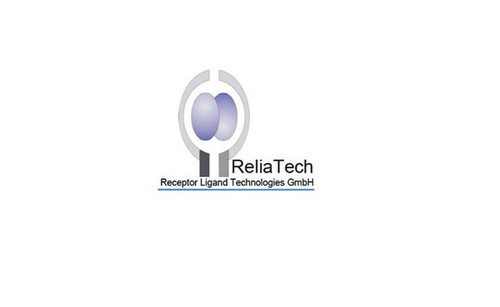Product Description
Rabbit Anti-Human RANK Receptor Antibody | 102-P206 | ReliaTech
Species: Anti-Human
Host / biotech: Rabbit
Comment: N/A
Label: N/A
Clone / Antibody feature: Rabbit IgG
Subcategory: Polyclonal Antibody
Category: Antibody
Synonyms: tumor necrosis factor receptor superfamily, member 11a, NFKappa-B activator; FEO; OFE; ODFR; OSTS; PDB2; RANK; CD265; OPTB7; TRANCER; LOH18CR1
Isotype: N/A
Application: ELISA, WB
Detection Range: N/A
Species Reactivity/Cross reactivity: Human
Antigen: Recombinant Human sRANK Receptor
Description: RANK (receptor activator of NFκB, also known as TRANCE receptor, osteoclast differentiation factor receptor [ODFR] ) and TNFRSF11A is a member of the tumor necrosis factor receptor family. The full length human RANK cDNA encodes a type I transmembrane protein of 616 amino acids with a predicted 184 amino acid extracellular domain and a 383 amino acid cytoplasmic domain. The extracellular domain contains two potential N-linked glycosylation sites. RANK shares significant amino acid homology with other members of the TNF R family in its extracellular four cysteinerich repeats. Human and murine RANK share 81% amino acid identity in their extracellular domains. RANK is widely expressed with highest levels in skeletal muscle, thymus, liver, colon, small intestine and adrenal gland. RANK is expressed in dendritic cells. In activated human peripheral blood T lymphocytes, RANK expression is induced by IL4 and TGFβ. Multiple tumor necrosis factor receptor-associated factors (TRAFs) are involved in the signaling of RANK. TRANCE (TNF-related activation-induced cytokines, also known as RANK ligand [RANKL] , osteoprotegerin ligand [OPGL] , and osteoclast differentiation factor [ODF] ) is the ligand for RANK. The biological functions mediated through RANK include activation of NFκB and c-jun N-terminal kinase, enhancement of T cell growth and dendritic cell function, induction of osteoclastogenesis, and lymph node organogenesis. Soluble RANK is able to block TRANCE induced biological activity.
Purity Confirmation: N/A
Endotoxin: N/A
Formulation: lyophilized from PBS
Storage Handling Stability: The lyophilized antibody is stable for at least 2 years from date of receipt at -20°C. The reconstituted antibody is stable for at least two weeks at 2-8°C. Frozen aliquots are stable for at least 6 months when stored at -20°C.
Reconstituation: Centrifuge vial prior to opening. Reconstitute in sterile water to a concentration of 0.1-1.0 mg/ml.
Molecular Weight: N/A
Lenght (aa): N/A
Protein Sequence: N/A
NCBI Gene ID: 8792
 Euro
Euro
 USD
USD
 British Pound
British Pound
 NULL
NULL








